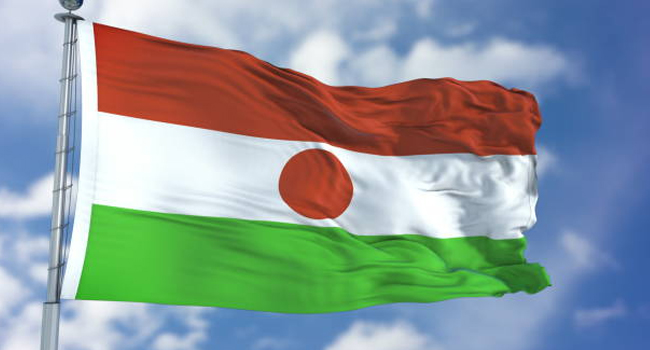Arrest Follows Criticism of Military Regime
Moussa Tchangari, a well-known critic of Niger’s military government and supporter of deposed President Mohamed Bazoum, has been sentenced to prison by a Niger court. Tchangari was detained on December 3rd at his home in Niamey by unidentified individuals following his return from a trip abroad.
Charges and Detention
He has been charged with “glorifying terrorism, undermining national security,” and involvement in a “criminal conspiracy linked to terrorism,” according to his organization, Alternative Citizen Spaces (AEC). Tchangari was incarcerated at Filingue prison, approximately 200 kilometers northeast of Niamey, a facility known for housing political dissidents.
Background of Tchangari’s Activism
Tchangari, aged 55, has a long history of civil society engagement in Niger. He has consistently opposed the coup led by General Abdourahamane Tiani in July 2023, which he labeled as a “setback” for democracy. His arrest came after he publicly supported the ousted President Bazoum, who remains imprisoned with his wife in the presidential palace.
Circumstances of the Arrest
The arrest was executed by four men in civilian attire, who also confiscated his phone and laptop, as reported by AEC member Kaka Touda. This action was part of what international rights groups describe as a broader suppression of dissent by Niger’s military regime since it took control.
International Reaction
Amnesty International, Human Rights Watch, and the Observatory for the Protection of Human Rights Defenders have condemned Tchangari’s detention, urging his immediate release. They argue that his arrest is indicative of a wider clampdown on political opposition and media freedom under the current military leadership.
Previous Encounters with Law Enforcement
This isn’t Tchangari’s first run-in with the law; he was previously arrested in 2015 for his organization’s critical stance on the government’s handling of the humanitarian crisis in the southeast of the country, amidst ongoing jihadist insurgency. He was later released, highlighting the cyclical nature of repression against civil society voices in Niger.










